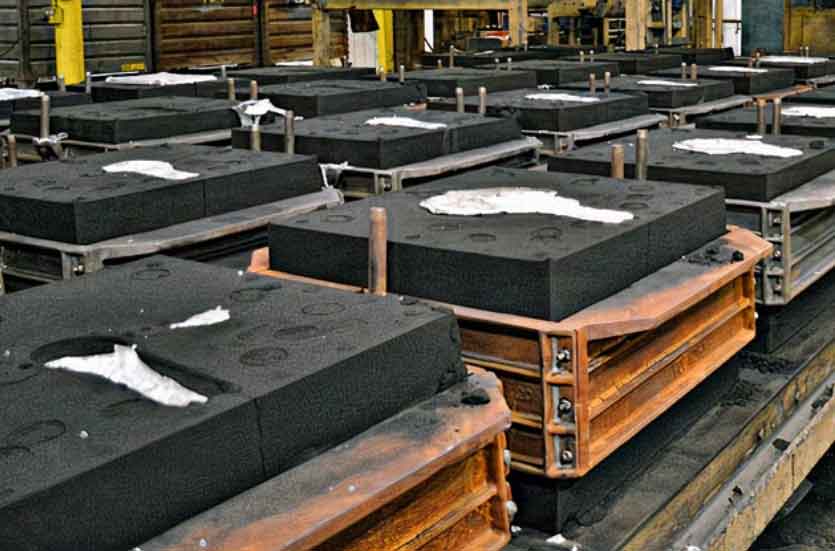
Resin sand casting, also known as resin-bonded sand casting, is a versatile and cost-effective metal casting method that offers numerous benefits. By using resin-bonded sand as the molding material, this process provides improved dimensional accuracy, surface finish, and better mold strength compared to traditional green sand casting. Here are some techniques and applications that unlock the potential of resin sand casting:
1. Techniques in Resin Sand Casting:
- Shell Molding: Shell molding is a specialized resin sand casting technique where a thin resin-coated sand layer is applied to a pattern and then cured. The resulting shell mold has excellent dimensional accuracy and surface finish, making it ideal for high-precision castings.
- Hot Box Process: In the hot box process, resin-coated sand is preheated before being used for molding. The heat accelerates the curing process, reducing cycle times and enabling faster production rates for high-volume casting.
2. Applications of Resin Sand Casting:
- Automotive Components: Resin sand casting is widely used in the automotive industry to produce critical engine components, transmission housings, and other parts that require high strength, dimensional accuracy, and good surface finish.
- Aerospace Components: Resin sand casting is suitable for producing complex aerospace components with intricate geometries and fine details, ensuring lightweight and high-performance castings.
- Pump and Valve Bodies: Resin sand casting is used to manufacture pump bodies, valve bodies, and impellers in various industries due to its ability to produce intricate shapes and achieve tight tolerances.
- Heavy Machinery Parts: Resin sand casting is employed to produce heavy machinery components, such as gearbox housings, frames, and large structural parts, due to its ability to handle larger sizes and complex designs.
- Hydraulic Components: Resin sand casting is utilized for hydraulic components, such as cylinders and valve blocks, to achieve the required precision and mechanical properties.
- Marine Components: Resin sand casting is suitable for marine applications, such as marine engine components, propellers, and pump bodies, where corrosion resistance and high-performance characteristics are essential.
- General Engineering Components: Resin sand casting is used for various general engineering applications, including gear blanks, bearing housings, and brackets, due to its versatility in producing a wide range of part sizes and geometries.
Resin sand casting is a versatile and reliable casting method that offers advantages in producing complex and high-quality components for various industries. Its ability to deliver improved dimensional accuracy, surface finish, and better mold strength makes it an attractive choice for applications where precision, reliability, and cost-effectiveness are essential. As with any casting method, selecting the appropriate casting process depends on the specific requirements of the component and the desired production volume.
